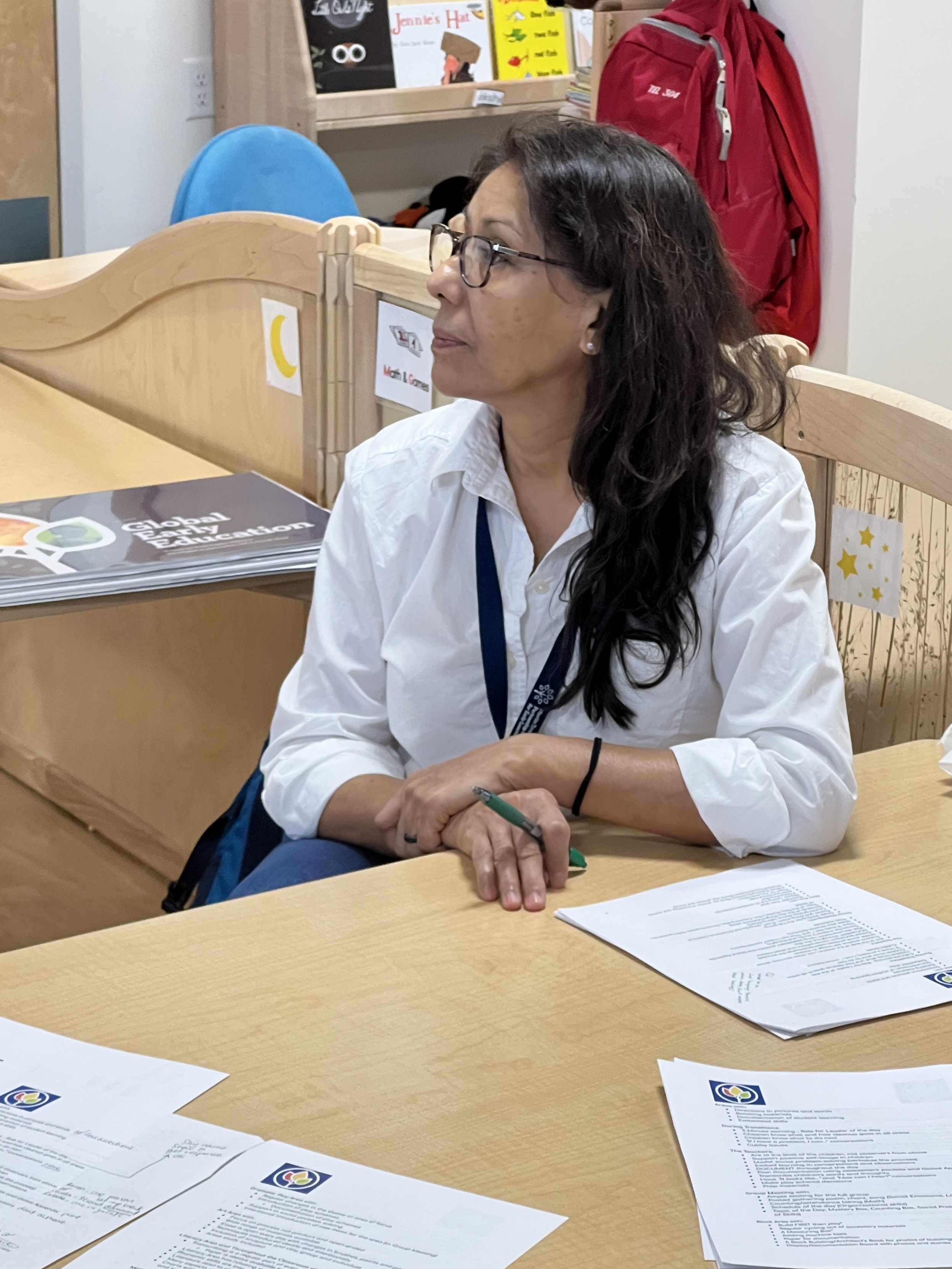
Professional Development for Every Educator.
We are licensed with the state of Massachusetts Department of Elementary and Secondary Education (DESE) to provide educators with the required professional training to maintain their qualifications and meet the highest teaching standards.
By accessing our webinars, you’ll learn how to enhance learning in your early childhood classroom. Our webinars will be hosted by Vicki C. Milstein, author of the IntendED program — a framework based on research to create the conditions for every child’s learning and growth across all developmental domains, content areas and SEL.
Vicki engages teachers from public and private institutions, administrators, and parents internationally on creating the essential elements of high-quality early education. Her interactive workshops leave participants with a deep understanding of topics, concrete strategies for teaching young children, and the essential elements for applying the IntendED Program in any classroom, and even at home.
Two-Hour Pre-Recorded Webinars
If you missed our live webinars, you can still watch them for just $29 each.
Webinar #1:“What Does “High-Quality Early Childhood Education” Really Mean?” ECCERs is the common rating scale for the standards of “high-quality early education.” In this webinar, participants will learn how to bring to life the ECCERs standards in their classrooms with strategies from the IntendED framework. Participants will leave with concrete products and examples that can be implemented immediately to make students’ experiences in the classroom even better. Specifically, we will address intentional development of SEL, numeracy and early literacy skills.
Webinar #2: “Behavior for Everyone.” Participants will learn concrete strategies to create the conditions for the success of every student in the early childhood classroom, including intentionally creating learning opportunities across all developmental domains to support meaningful engagement and creating a supportive classroom climate for all learners. Every element of the school day requires planning and preparation by the teachers in order to maintain student independence and agency; collaboration and problem-solving; and the development of organizational skills — all to enhance appropriate behavior.
Webinar #3: “How the Classroom can Become The Silent Teacher.” Research shows that organizational skills and social competency are two of the greatest predictors of a child’s future academic success. For this reason, IntendED classrooms are highly organized and intentionally designed to create opportunities for students to develop organizational skills and engage in meaningful social interactions that require problem solving, conflict resolution, and collaboration. With a focus on student learning and intentional design, the IntendED classroom can become “the silent teacher.” Participants will learn how to create the conditions for student success. They will return to their schools with strategies they can implement in their classrooms immediately.
Webinar #4: “Creating a Math-Rich Early Childhood Classroom.” Young children are able to engage in and comprehend the way numbers work at higher levels. Research has shown that children understand far more complex concepts than just counting to ten and shape recognition. When teachers are able to plan for and are excited about math education, children can develop rich math competency. Participants will learn that math moments exist naturally in the classroom environment, and how to create engaging math activities to use throughout the school day.
Webinar #5: “Creating a Literacy-Rich Early Childhood Classroom.” Participants will learn how to purposely design the environment to engage children with language, letters, sounds, print and literature, all accomplished through play and social interaction. Creating a literacy-rich classroom provides all children with the experiences they need to develop skills that support both retention of information and its retrieval when needed. These skills serve as the foundation to continued literacy learning.


